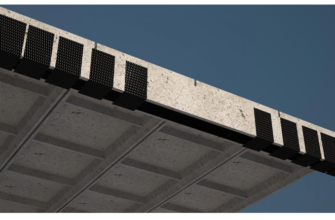• This type of thermal insulation refers to the topcoat object facade. The final result of applying thermal insulation is reduced by 30%.
• The material acts as a waterproofing so you can save on waterproofing materials.
• Rapid implementation of thermal insulation works, thus here we are saving a large amount of their precious time.
• As a result we get decorative appearance of our object, which does not require additional painting, as the active material in a tinted 4000 colors. The amount of pigment in the material is several times less than usual facade paints.
• environmentally friendly Material. It is used in various fields of human activities such as food industry, rehabilitation centers, kindergartens, hospital, medical centers, etc..
• Liquid insulation is light enough so the load on the foundation minimum, and also does not require a great effort for material transport.
• The material may also work with the inner side of the room without taking up additional floor space.
• The warranty on the liquid insulation More, than the classical thermal insulation.
• The material is possible to hide any possible defects, however it has high maintainability. When the defect is required only inspection specialist, meanwhile, when the "classic insulation" requires the dismantling of the old layer and works from the beginning.
• is applied on the surface of all forms and compositions since the high adhesion material.
• The material is quite flexible due to silicone microspheres contained in the composition and does not form pautinchatyh cracks on the facades of all ages.
• Due to the fact that the material liquid, it can be applied in the most remote places us.
• a temperature range of the work material -60 ° C ... + 250 ° C.
• Resistant to ultraviolet rays, humidity and thermal expansion. exhibits durability.
• For the application does not require the help of experts who ultimately have to pay, and possibly a separate application, after consultation with the seller consultant or manager.
• The material should be applied to the surface at a temperature of minimum -20 ° C to + 150 ° C without making breaks during application.
• Liquid insulation flexible, elastic, impervious to shocks, mechanical pressure, and so on. It withstands any loads during operation and does not peel off from the surface as it happens with foam and fiber heaters.






